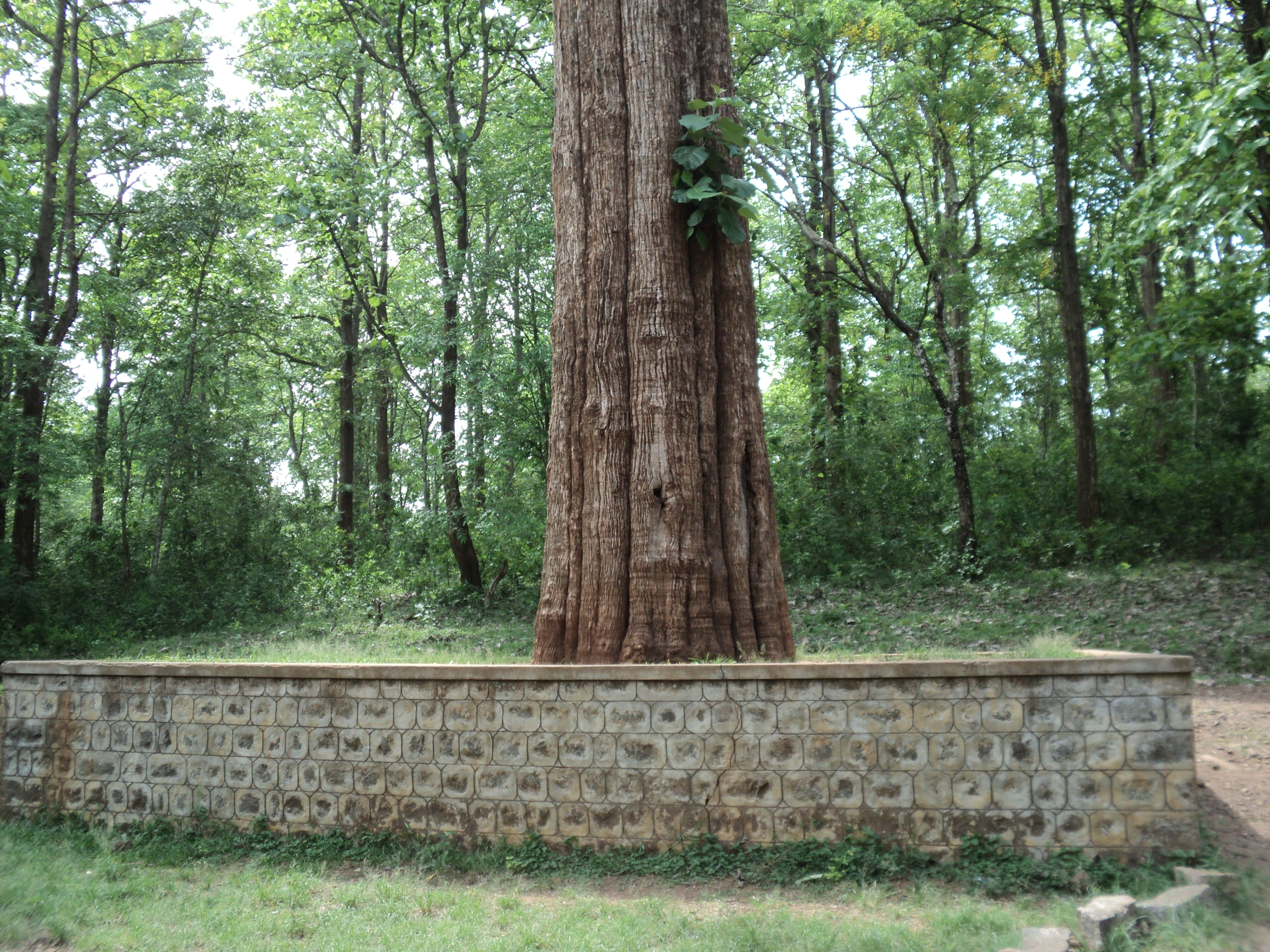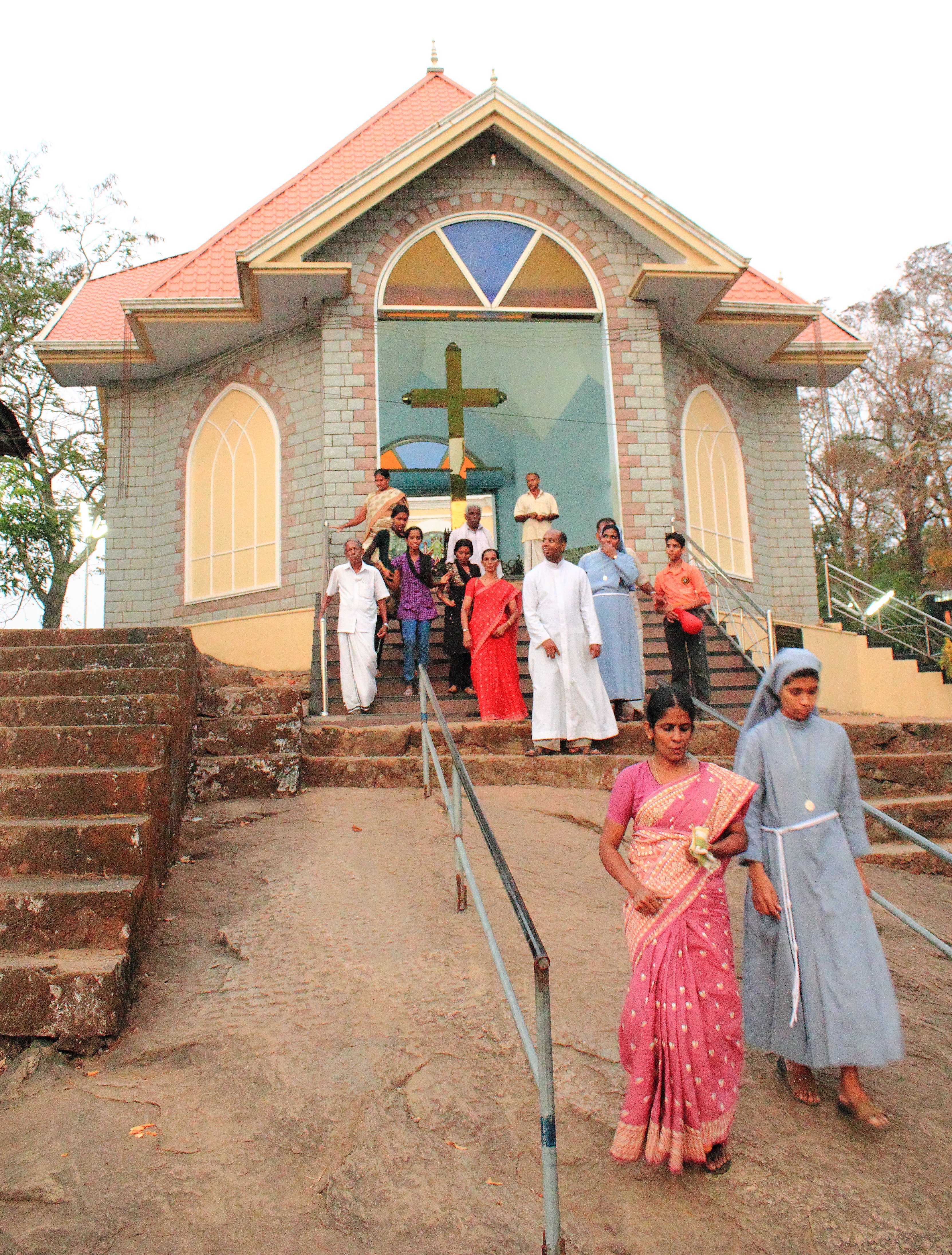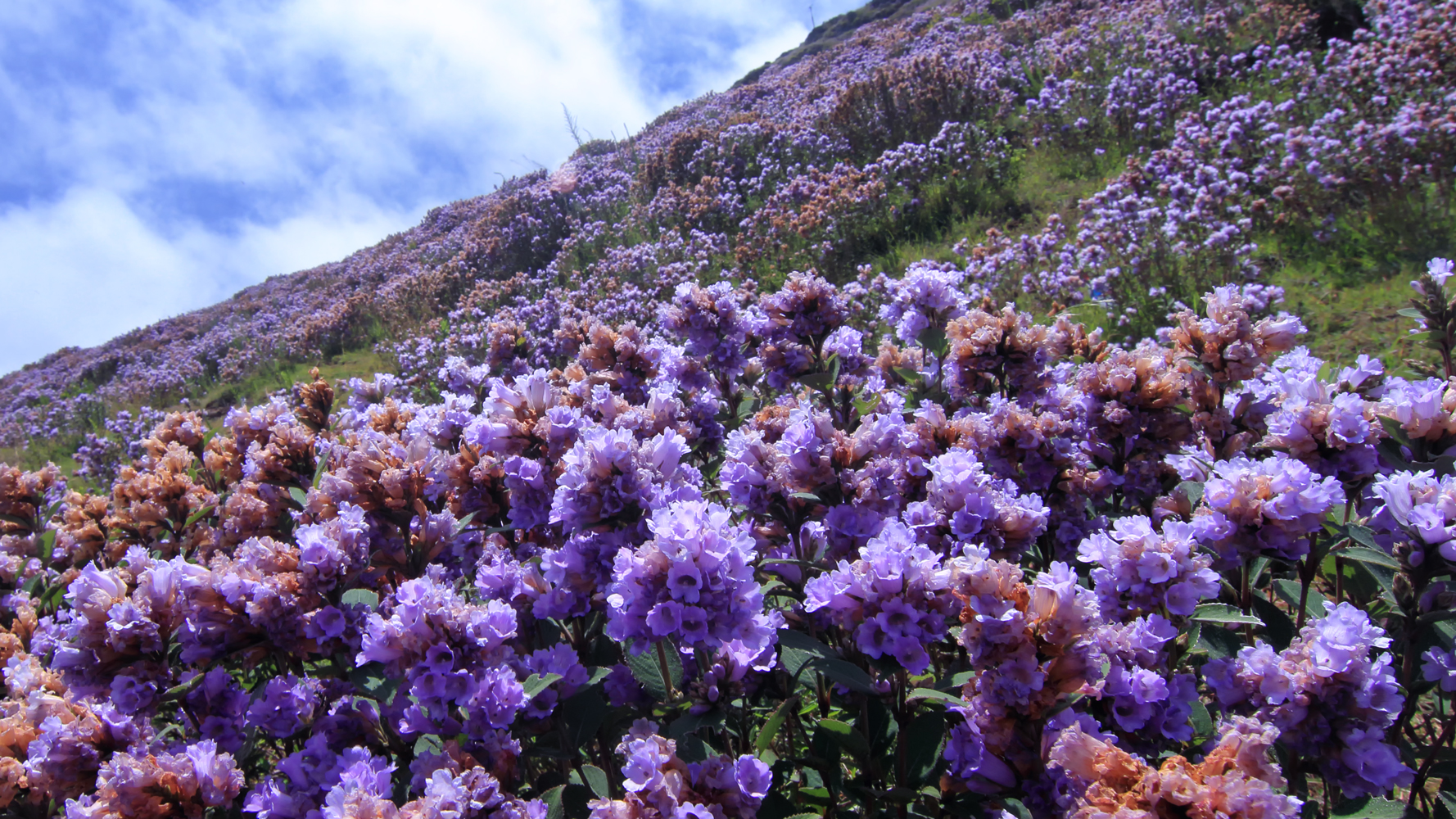Pristine Tiger Reserve Protecting Biodiversity in Western Ghats



Parambikulam Tiger Reserve represents a remarkable ecosystem nestled within the Western Ghats of Kerala, embodying a complex interplay between conservation, biodiversity, and indigenous cultural preservation. Situated across the Anamalai and Nelliampathy ranges, this protected area has evolved from a historical wood transportation route to a critically important wildlife sanctuary and tiger reserve.
The reserve's ecological significance is profound, hosting an extraordinary array of biodiversity that includes over 268 avian species, 49 mammalian species, and 47 fish species, many of which are endemic to the Western Ghats. Its landscape features a diverse mosaic of forest types—moist deciduous, dry deciduous, shola, and evergreen—creating multiple microhabitats that support complex ecological interactions.
Indigenous tribes like the Kadar, Malasar, Muduvar, and Mala Malasar have been integral to the reserve's conservation strategy. Their deep-rooted connection with the forest ecosystem has transformed them from traditional resource users to active conservation partners. The Kerala Forest Department's innovative community eco-tourism initiative, launched approximately 15 years ago, empowered local communities by training them as forest guides and encouraging sustainable engagement with their natural environment.
The reserve's historical trajectory is marked by significant milestones, including its establishment as a wildlife sanctuary in 1973 and its declaration as a tiger reserve in 2010 under the national Project Tiger scheme. This transition underscores a strategic approach to wildlife protection that prioritizes not just animal conservation but also the holistic management of ecological landscapes.
A remarkable feature of Parambikulam is the legendary Kannimara Teak, an approximately 450-year-old tree with an impressive girth of 6.8 meters and height of 49.5 meters. This ancient tree symbolizes the reserve's rich botanical heritage and serves as a living testament to the forest's extraordinary longevity and resilience.
The area's management philosophy extends beyond traditional conservation models. By integrating scientific research, community participation, and sustainable tourism, Parambikulam has created a nuanced approach to ecological preservation. Training programs conducted by the Parambikulam Tiger Conservation Foundation focus on building local capacities and promoting collaborative conservation strategies.
Despite challenges like forest fires—such as the significant burn in 2007 that destroyed substantial forest tracts—the reserve has demonstrated remarkable regenerative capabilities. These environmental events have further highlighted the importance of adaptive management and understanding complex ecological dynamics.
Parambikulam Tiger Reserve ultimately represents more than a protected area; it is a living ecosystem where human communities and wildlife coexist in a delicate, mutually supportive relationship. Its success story offers a compelling model of conservation that respects both ecological integrity and cultural heritage, showcasing how thoughtful, community-engaged approaches can protect and nurture our most precious natural landscapes.
INR 23 for Indians, INR 300 for foreigners, with additional fees for car (INR 70), minibus (INR 150), and bus (INR 200)
INR 23 for Indians, INR 300 for foreigners, with additional fees for car (INR 70), minibus (INR 150), and bus (INR 200)
Enhance your journey with these nearby attractions that offer similar cultural experiences

Ernakulam, Kerala
Spiritual hilltop church marking St. Thomas's Kerala missionary journey

Idukki, Kerala
Pristine National Park Showcasing Kerala's Remarkable Biodiversity

Munnar, Tamil Nadu
Highest tea plantation in world, nestled amidst Nilgiri mountains